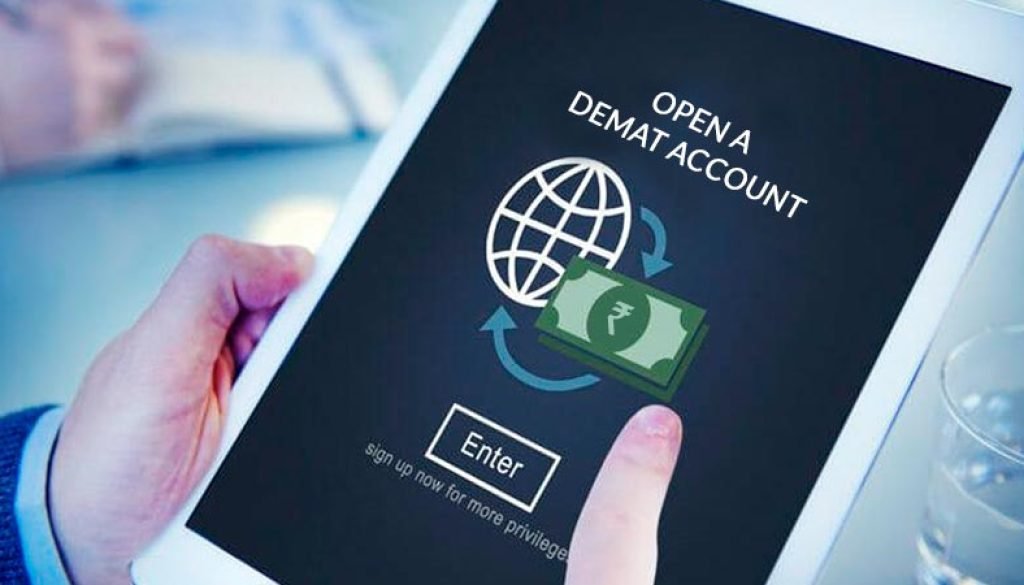Understanding the Basics: What is a Demat Account and Why Do You Need One?
Trading is not something you can start spontaneously. You need brokerage and dematerialisation accounts to indulge in online trading. Not to forget, you must understand the basics of trading, including resources, strategies, and asset classes. Let us delve deeper and understand a Demat account and why investors require one.
What’s the Fuss About Dematerialisation Accounts?
You must have often heard the term ‘Demat accounts.’ New investors starting their journey first come across the dematerialisation account opening process. A dematerialisation account allows the investor to store securities in an electronic form. People often confuse a dematerialisation account with a trading account. A trading account facilitates the purchase or sale of securities on stock exchanges. It also allows us to invest in mutual funds, financial contracts, and other assets. When you purchase any particular asset, it is transferred to your dematerialisation account. Purchased assets are stored in the dematerialisation account for as long as you want.
Dematerialisation is a process that involves the conversion of physical securities into electronic form. Electronic securities can be easily stored within a dematerialisation account, thus saving you from the risk of theft or damage. Before the introduction of dematerialisation in India, investors carried physical certificates representing their holdings. Even though brokerage and dematerialisation accounts have different purposes, they work together for a seamless online trading and investing experience. Brokers and financial firms now offer 2-in-1 accounts, where both Brokerage and demat account are linked. Some service providers are even offering 3-in-1 accounts where the bank account is linked with the investment accounts.
Why Do Investors in India Require a Dematerialisation Account?
Here are the reasons why you need a Demat account in your name:
- Dematerialising your securities is a must in today’s investment landscape. Physical trade certificates can get stolen or damaged over time. Only a Demat account can help you with holding electronic securities.
- The dematerialisation account provider (DP or broker) will allow you to select a nominee. Selecting a nominee helps in the transfer of ownership during inheritance or death.
- A dematerialisation account is also a tool for tracking your holdings anytime. You can use the dematerialisation account login credentials to view your holdings anytime. Individuals in a foreign country can access their Demat accounts via a smartphone or laptop.
- A dematerialisation account works with a brokerage account to facilitate securities trade. Securities are credited to your dematerialisation account when you purchase them. Similarly, securities are debited from your dematerialisation account when you decide to sell them.
- Have you understood what is a bond, stock, or mutual fund? You can hold these and many other securities in a dematerialisation account. Dematerialisation accounts help investors purchase different assets and build a diversified portfolio.
- You can participate in corporate actions related to your holdings via a dematerialisation account. Investors can indulge in bonus issues, stock splits, dividends, and other corporate actions with a dematerialisation account.
How to Get a Demat Account in My Name?
Now that you understand why you need a dematerialisation account, here’s how to open one:
- Contact a Depository Participant (DP) or a broker in India. These are authorised by the Securities and Exchange Board of India (SEBI) as Demat account providers.
- Find the dematerialisation account opening application on the website of the DP or stockbroker.
- Provide the details asked in the account opening application.
- Upload KYC documents like a cancelled cheque, PAN card, etc.
- Submit the application and KYC documents online.
- Wait for the service provider’s response.
- Complete the in-person verification. The broker or DP might also complete the verification via video conferencing.
Conclusion
Dematerialisation accounts are mandatory for holding electronic securities in India. They allow investors to store electronic securities and build a diversified portfolio. Not to forget, you can track your holdings anytime via a Demat account. Apply for a dematerialisation account online now!



